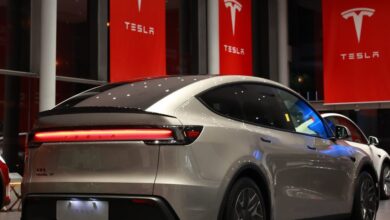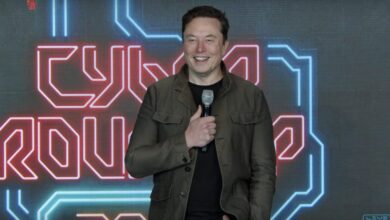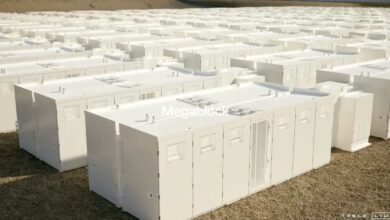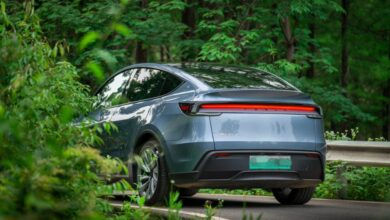This signature Tesla feature is facing a ban in one of its biggest markets
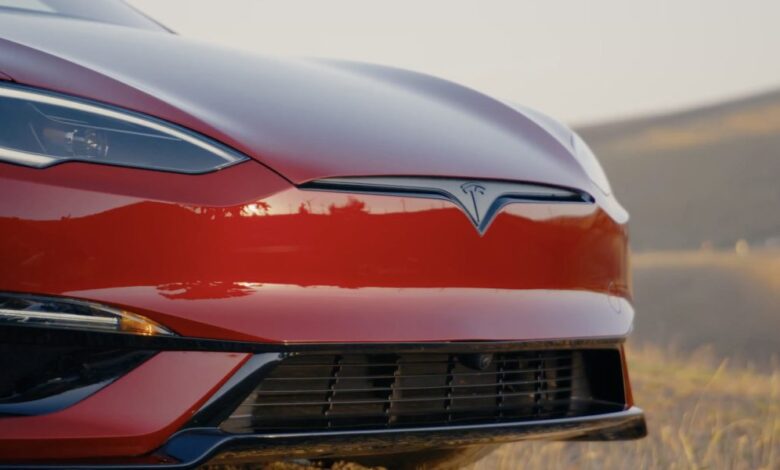
Tesla is bailing out Canadian automakers once again, as some companies in the country are consistently failing to reach mandated minimum sales targets for emission-free vehicles.
Many countries and regions across the world have enacted mandates that require car companies to sell a certain percentage of electric powertrains each year in an effort to make sustainable transportation more popular.
These mandates are specifically to help reduce the environmental impacts of gas-powered cars. In Canada, 20 percent of new car sales in the 2026 model year must be of an emissions-free powertrain. This number will eventually increase to 100 percent of sales by 2030, or else automakers will pay a substantial fine — $20,000 per vehicle.
There is a way companies can avoid fines, and it involves purchasing credits from companies that have a surplus of emissions-free sales.
Tesla is the only company with this surplus, so it will be bailing out a significant number of other automakers that have fallen short of reaching their emissions targets.
Brian Kingston, CEO of the Canadian Vehicle Manufacturers’ Association, said (via Yahoo):
“The only manufacturer that would have a surplus of credits is Tesla, because all they do is sell electric vehicles. A manufacturer has to enter into an agreement with them to purchase credits to help them meet the mandate.”
Tesla has made just over $1 billion this year alone in automotive regulatory credits, which is revenue acquired from selling these to lagging car companies. Kingstone believes Tesla could be looking at roughly $3 billion in credit purchases to comply with the global regulations.
Tesla still poised to earn $3B in ZEV credits this year: Piper Sandler
Automakers operating in Canada are not putting in a lack of effort, but their slow pace in gaining traction in the EV space is a more relevant issue. Execution is where these companies are falling short, and Tesla is a beneficiary of their slow progress.
Kingston doesn’t believe the mandates are necessarily constructive:
“We’ve seen over $40 billion in new investment into Canada since 2020 and all signs were pointing to the automotive industry thriving. Now the federal government has regulations that specifically punishes companies that have a footprint here, requiring them to purchase credits from a company that has a minimal (Canadian) footprint and an almost nonexistent employee base.”
Kingston raises a valid point, but it is hard to see how Tesla is to blame for the issue of other car companies struggling to bring attractive, high-tech, and effective electric powertrains to market.
Tesla has continued to establish itself as the most technologically advanced company in terms of EVs and its tech, as it still offers the best product and has also established the most widespread charging infrastructure globally.
This is not to say other companies do not have good products. In my personal experience, Teslas are just more user-friendly, intuitive, and convenient.
Source link

